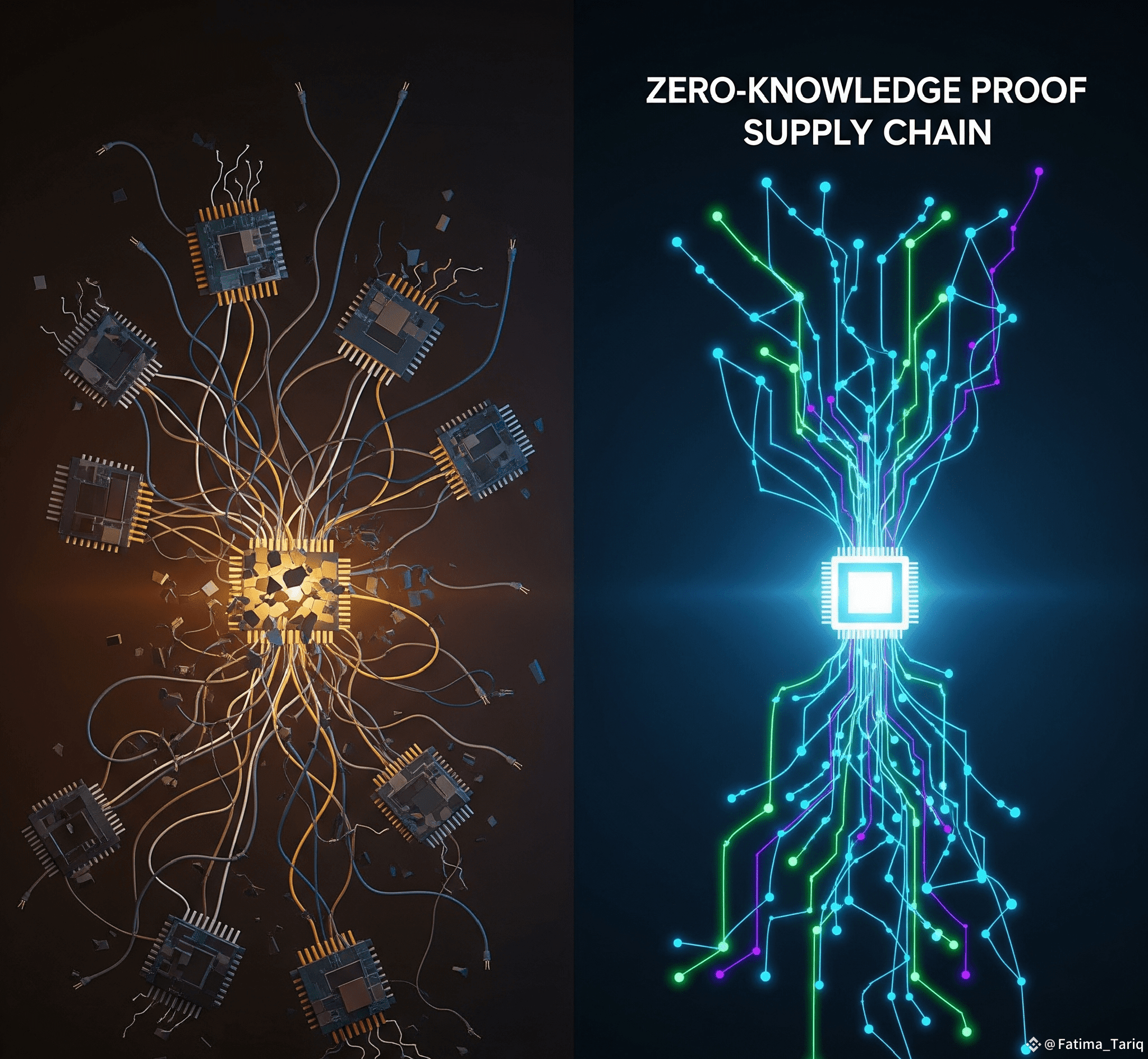
The year 2023 marked a significant turning point for zero-knowledge proofs. Major ZK systems like Polygon Hermez, zkSync, and Scroll went into production, proving the viability and power of the technology. With continued breakthroughs in proof system research, custom hardware, and zkVM design, the ZK landscape is accelerating at an unprecedented pace. However, the infrastructure needed to support this revolution—the proof supply chain—has failed to keep up.Today's proof supply chain is a fragmented, inefficient mess. Developers building ZK-based applications are forced to create their own one-off proof generation infrastructure. This is a monumental task that imposes high coordination overhead, forces reliance on a single centralized prover for liveness, and significantly slows down development. Imagine building a new application and having to also design, implement, and maintain the entire hardware and software stack required to generate the proofs. This is the reality for many ZK developers.The problem is twofold: First, the current landscape lacks a standardized, easy-to-use interface for proof generation. Every new application requires a unique setup, creating walled gardens and hindering interoperability. Second, the reliance on centralized provers introduces a single point of failure and makes the entire system vulnerable to censorship and downtime.This is precisely the problem the Succinct Network was built to solve. It acts as a base layer for zero-knowledge proofs, creating a unified and resilient proof supply chain. By aggregating proving demand across multiple applications, Succinct can provide the economies of scale and liveness guarantees that individual developers simply cannot achieve on their own. The network becomes a central coordination point, a schelling point for ZK innovation, breaking down existing silos and accelerating the adoption of programmable truth across the ecosystem. It transforms proof generation from a bespoke, inefficient process into a standardized, highly available, and decentralized service.